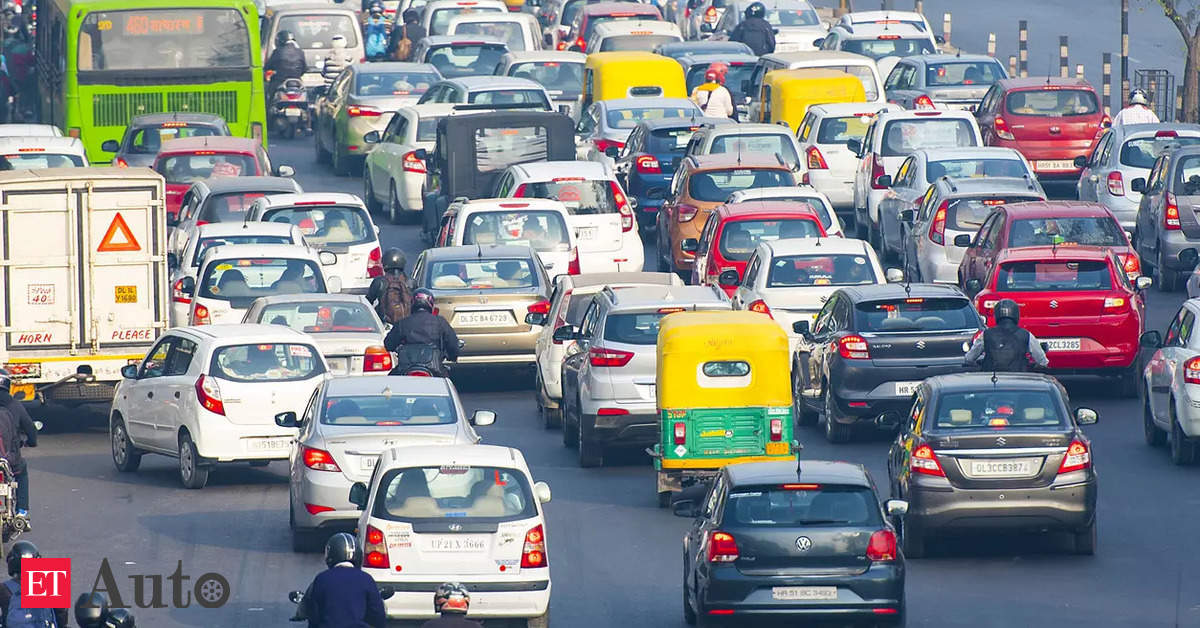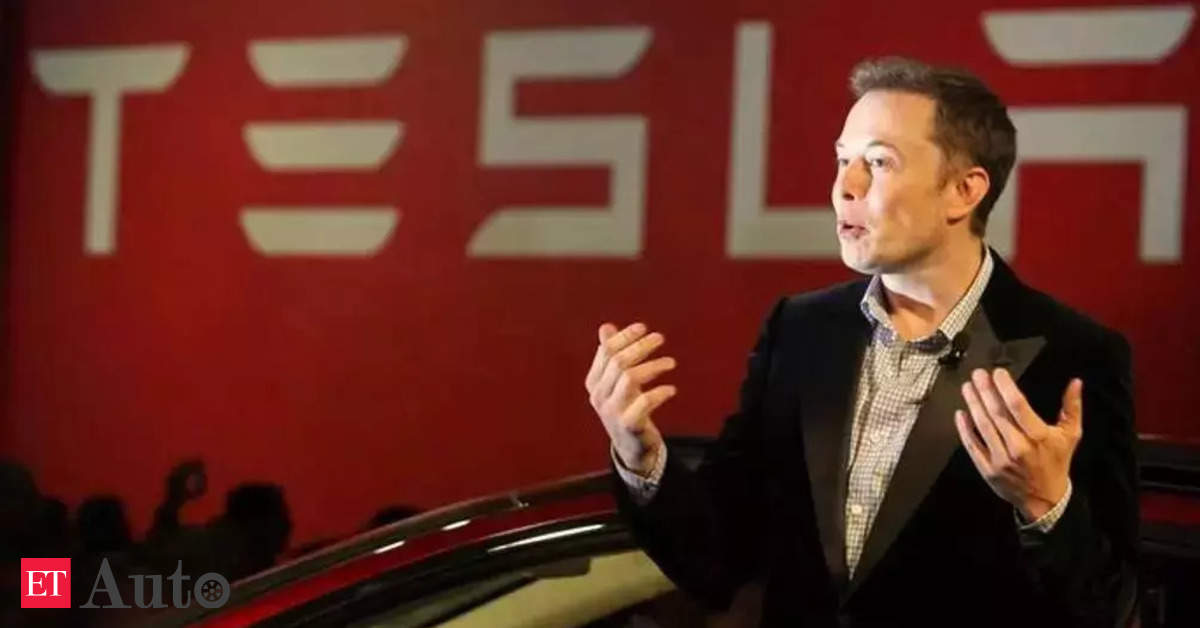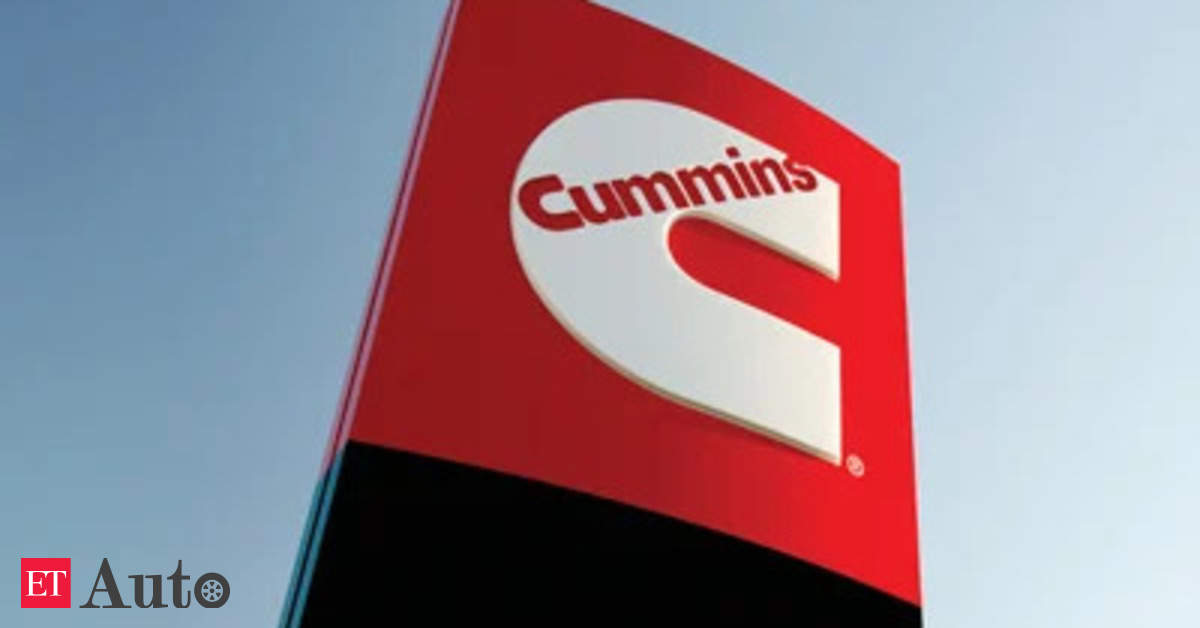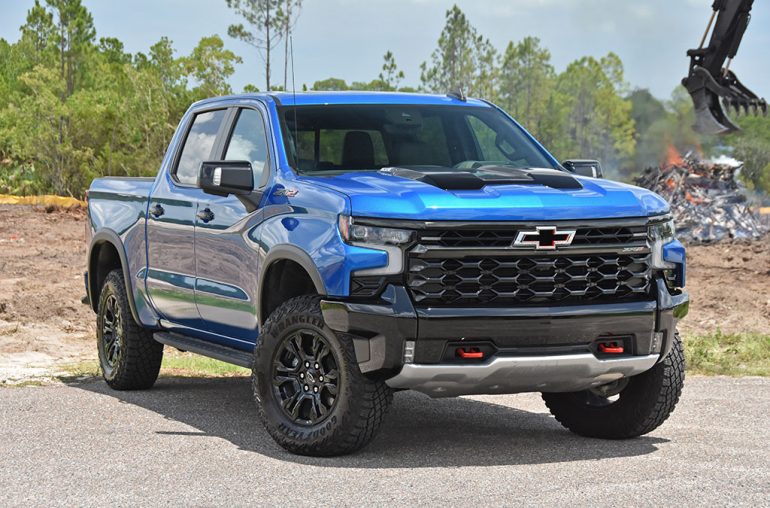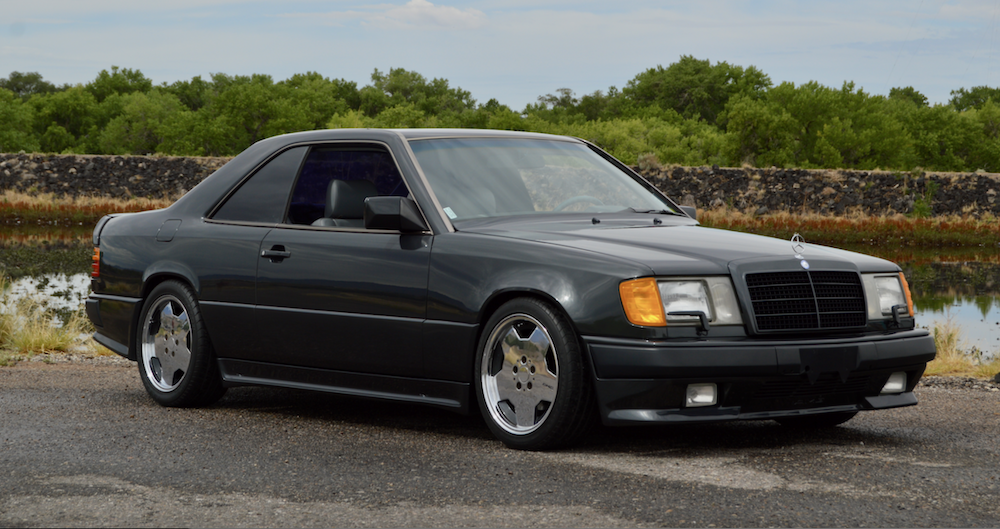[ad_1]
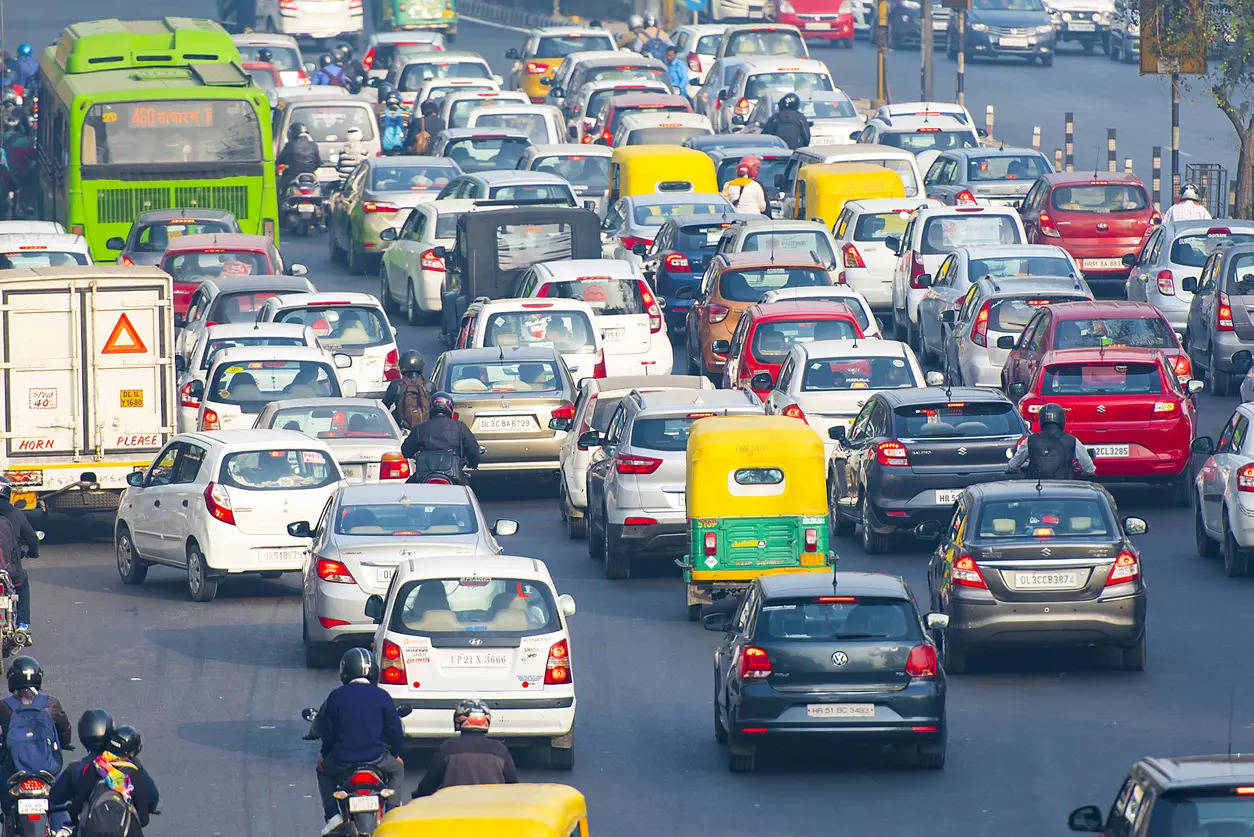
New Delhi:
The first month of the second half of this year reflected a mixed bag of sales. On a year-on-year basis, domestic sales for all the segments during July 2022 remained in the green, barring the tractors.However, on a month-on-month basis, two-wheeler sales improved marginally and CV makers reported a drop.
Going forward, OEMs are focusing on increasing production in August owing to the beginning of festive season, which will go on till October and accounts for about 40% of the industry’s overall sales.
The following is a segment-wise report of vehicle dispatches to dealers during July 2022.
Passenger Vehicles
Improvement in the availability of semiconductor chips along with the excitement of new launches helped the passenger vehicle (PV) OEMs to streamline their production schedules during July 2022. However, automakers still hold pending orders for popular models.
During July 2022, car market leader Maruti Suzuki reported year-on-year growth in domestic sales for its mini (Alto, S-Presso) and compact (Baleno, Celerio, Dzire, Ignis, Swift, Tour S, WagonR) car categories. However, sales of its mid-size Ciaz and utility vehicles (Brezza, Ertiga, S-Cross, XL6) were down, as compared to July 2021.
“The shortage of electronic components had a minor impact on the production of vehicles, mainly in domestic models,” said the maker of Swift and WagonR.
Hyundai continued to sustain its second spot in the Indian PV industry albeit with a lead of just about 3,000 units. Tarun Garg, Director (Sales, Marketing & Service), Hyundai Motor India said, “With the improvement in the semiconductor situation, the passenger vehicle segment is showing positive trends riding on the green shoots of pent-up demand and customer desire towards personal mobility.”
EV maker Tata Motors maintained its sequential growth trajectory clocking sales of 47,505 units in July 2022. This includes 43,483 units of ICE vehicles along with 4,022 units of electric cars. With this, the maker of Nexon crossed the 4,000 sales mark for its passenger electric vehicles in India.
Kia India, which has solidified its position in the Top 5 PV makers in India, sold 8,451 units of Seltos, 7,215 units of Sonet, 5,978 units of Carens and 288 units of Carnival in July this year.
Toyota Kirloskar marked a 50% growth during the month. “This is the highest ever wholesales clocked by the manufacturer in a single month ever since its inception in India,” said the company in a statement.
On a month-on-month basis, Toyota registered a growth of 19% over its wholesales of 16,500 units sold in June 2022.
Skoda Auto which is betting big on its India 2.0 strategy said that the company shall very soon record 2022 as the “Biggest Year yet for us in our two-decade legacy in India.”
Zac Hollis, Brand Director of the company said, “This is usually the period where big purchases are kept on hold as it’s the monsoon and deferred till the festive season kicks off. Yet, we have clocked in solid numbers on the back of our made-for-India, India 2.0 cars”
Two Wheelers
The country’s largest two-wheeler maker Hero MotoCorp sold a total of 4,21,288 motorcycles and 24,292 scooters in July 2022, marking a decline over July 2021 when it sold 4,24,126 motorcycles and 30,272 scooters during the month.
According to the company, “The normal monsoon in most parts of the country, and the consequent agricultural harvest along with the upcoming festive season is expected to keep the sentiments positive and help build the momentum further.”
On a month-on-month basis, domestic sales of two wheeler makers improved.
TVS Motor said, “The Company has invested in strategic relationships and action plans for the supply of semiconductors and the efforts are yielding results with improvements seen this month as well. We are very confident of the supplies improving further.”
Commercial Vehicles and Three Wheelers
Market leader Tata Motors gets a major portion of its volumes from the SCV cargo and pickup category where it reported sales of 15,022 units in July 2022. Tata’s M&HCV sales stood at 8,522 units, followed by I&LCV sales at 4,475 units and passenger carrier sales at 3,454 units.
On a sequential basis, sales of Tata Motors, Ashok Leyland and VECV reported a decline while domestic sales of Mahindra and Bajaj Auto increased.
In June 2022, Tata’s sales stood at 34,409 units, Ashok Leyland at 13,469 units and VECV at 5,584 units. Mahindra reported 24,439 unit sales and Bajaj Auto was at 13,268 units.
Mahindra’s major sales portion comes from LCVs (2T-3.5T) which clocked sales of 16,445 units in July this year. Its three-wheelers reported sales of 4,351 units and LCVs less than 2T at 3,693 units. The company also sold 808 units of LCVs over 3.5 T and M&HCVs.
VE Commercial Vehicles (VECV), a joint venture of the Volvo Group and Eicher Motors, said sales of Eicher brand of trucks and buses in the domestic market stood at 5,360 units in July 2022, up 50.9% against 3,553 units in July 2021. Sales of Volvo trucks and buses stood at 121 units in the month under review as against 78 units.
Tractors
Hemant Sikka, President – Farm Equipment Sector, Mahindra & Mahindra said, “July is traditionally a lean month as the land preparation phase, wherein a tractor finds the highest utility, gets over and farmers start sowing their crops. Monsoon, which is a key determinant of Agri growth, has stayed on the course so far. Overall rainfall has been higher than normal barring a few states in the Eastern part of the country, which have received deficient rainfall until now.”
“With these states being the country’s key paddy producing markets, recovery in rainfall is crucial. Festive season falling in the later half of August and sufficient rainfalls across most geographies will shape up the industry in the upcoming months,” he said.
(This is a developing story. We will keep updating the numbers as the companies release their sales data).
Also Read:
[ad_2]
Source link

